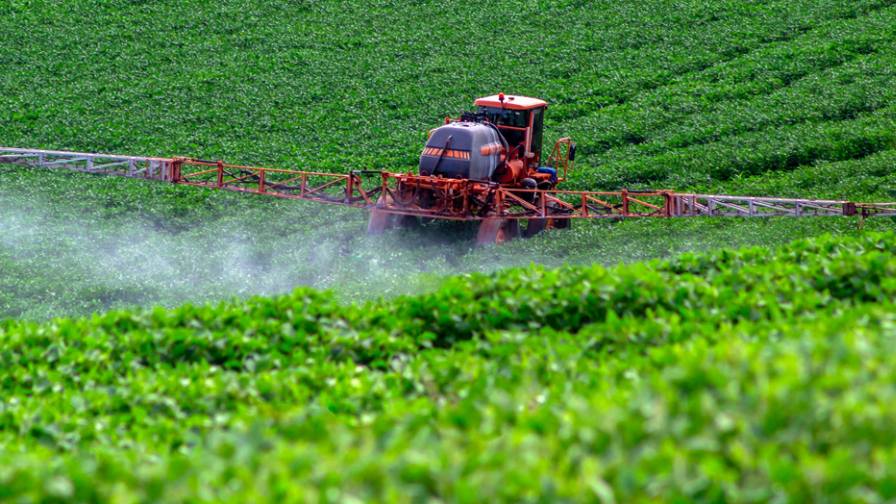Don’t Allow The EU To Kill Your Cash Cow
The agrochemical industry has some significant influence. After an almost cataclysmic analysis of European Parliament’s new rules on pesticide regulations, which on first reading in August could have banned 85% of all molecules in the next 10 years, the industry has successfully lobbied for considerably more moderate reviews.
New pesticide regulations submitted by the European Commission in November could cut between 14% and 23% of all pesticides under review, according a report issued by the Pesticides Safety Directorate (PSD), an agency of the United Kingdom’s Health and Safety Executive.
European Parliament’s Environment, Public Health and Food Safety Committee is reviewing 278 substances, so as many as 64 chemicals could be banned, depending on developmental neurotoxicity and immunotoxicity — which are particularly difficult to assess, according to PSD.
But most troubling is that some of these chemistries — including 2,4-D, ioxynil, iprodione, mancozeb, penconazole, deltamethrin, and warfarin, to name a few — have been staples for many businesses for years, and these substances could be vulnerable to the developmental neurotoxicity criteria or could be found to be endocrine disruptors.
It’s imperative for the industry to force legislators to make regulatory decisions based on sound science instead of creating politically influenced, feel-good mandates that could potentially harm your business, and worse, food production for the world.
The crop protection industry must speak with one voice early and often about the global food supply repercussions of banning the chemicals on which modern agriculture has come to reply. If you have a Member of European Parliament, then write them as a constituent. If not, then write them as a lobbyist.
Visit the Pesticides Safety Directorate for a full list of chemicals under review.






